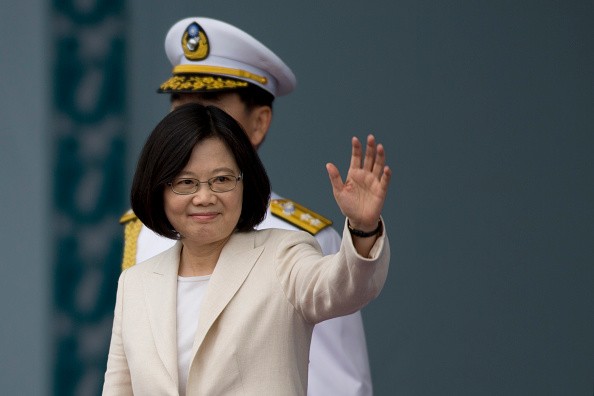As Taiwanese leader Tsai Ing-wen reportedly got in touch with a number of U.S. congressmen, the Chinese government immediately took action and urged the Western giant to halt its sending of "wrong signals" to the island's independence forces, Xinhua News Agency reported.
Foreign Ministry spokesperson Hong Lei remarked on Thursday the country's strong opposition of any of its partnering nations to have an official association with Taiwan, who have long been calling for its formal separation from China.
"We insist on handling Taiwan's external contacts in the principle of the one-China policy, and oppose any countries having diplomatic relations with China to conduct any official association or contacts with Taiwan," Hong emphasized.
During a press conference, the spokesperson remarked that China was dissatisfied upon knowing the news of Tsai Ing-wen contacting several U.S. officials and lawmakers.
"China has already lodged solemn representations with the US side," the article wrote.
Furthermore, Hong encouraged the United States to acknowledge and respect its prior commitment to the so-called one-China policy. The policy embodies the principle of the three joint communiques as well as the opposition to Taiwan's independence.
Hong also urged the U.S. government to cautiously handle its affairs with Taiwan and stop any official contact with its authorities in any form.
According to him, sending the wrong signals to Taiwan might bring harm to the China-U.S. relations.On June 24, Taiwanese leader Tsai Ing-Wen kicked off an overseas visit to Paraguay and Panama, taking stops in Los Angeles as well as in Miami.
Back in 1992, Taiwan and China agreed to consider themselves as part of a "single Chinese nation." Nonetheless, the nations' misinterpretation on this has caused problems between the two.
In May, Beijing has pressured then newly-elected Tsai by cutting diplomatic ties with Taiwan.
Many Taiwanese experts and diplomats agree that Chinese mainland is uneasy with the victory of Tsai because she came from the Democratic Progressive Party (DPP), which has a different belief from the Koumintang (Nationalist Party).



























